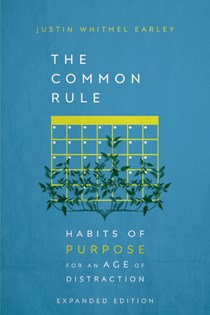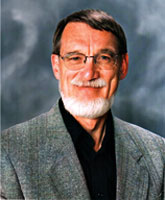Search Results
Showing 3541 - 3550 of 3950 results
-
InterVarsity Press received top honors in three of the eight categories for The Gospel Coalition's (TGC) inaugural Editors' Picks for 2015. IVP titles won in the Christian Living, International Outreach, and Faith and Work categories.
-
InterVarsity Press has signed James Bryan Smith, author of the bestselling The Good and Beautiful God, to a fifth book project. Scheduled for a spring 2013 release, Hidden in Christ draws on the rich themes of Colossians 3, unpacking the transforming principles of Christ's love.
-
InterVarsity Press will cosponsor the "Formation in Christlikeness: The Process of Change" conference in Wichita, Kansas, on September 23-24, 2011. The partnership with Renovaré, a foundational presence in spiritual formation for more than twenty years, and the Aprentis Institute for Christian Spiritual Formation is part of IVP's larger vision to advance spiritual formation in the body of Christ through The Apprentice Series and Formatio books.
-
-
With more than thirty-four thousand books representing more than seven hundred titles, InterVarsity Press (IVP) will soon be hosting the largest missions bookstore in the world at the twenty-sixth Urbana Student Missions Conference.
-
The Common Rule
Habits of Purpose for an Age of Distraction
by Justin Whitmel Earley
Create a Gospel-Centered Rule of Life
Habits form us more than we form them. The modern world is a machine of invisible habits, forming us into anxious, busy people. We yearn for the freedom of the gospel but remain shackled by our screens and exhausted by our routines.
The answer is a rule of life that aligns our habits to our beliefs. The Common Rule's four ...
-
Two IVP titles, Healing Racial Trauma and A Chronicle of Grief, were honored with 2020 Foreword INDIES Book of the Year Awards.
-
-
InterVarsity Press is pleased to announce Parker Hathaway as IVP's new academic and library marketing manager.
-
Operation World (OW), the ministry behind the definitive global prayer handbook, is pleased to announce the worldwide release of a new, free mobile app.






